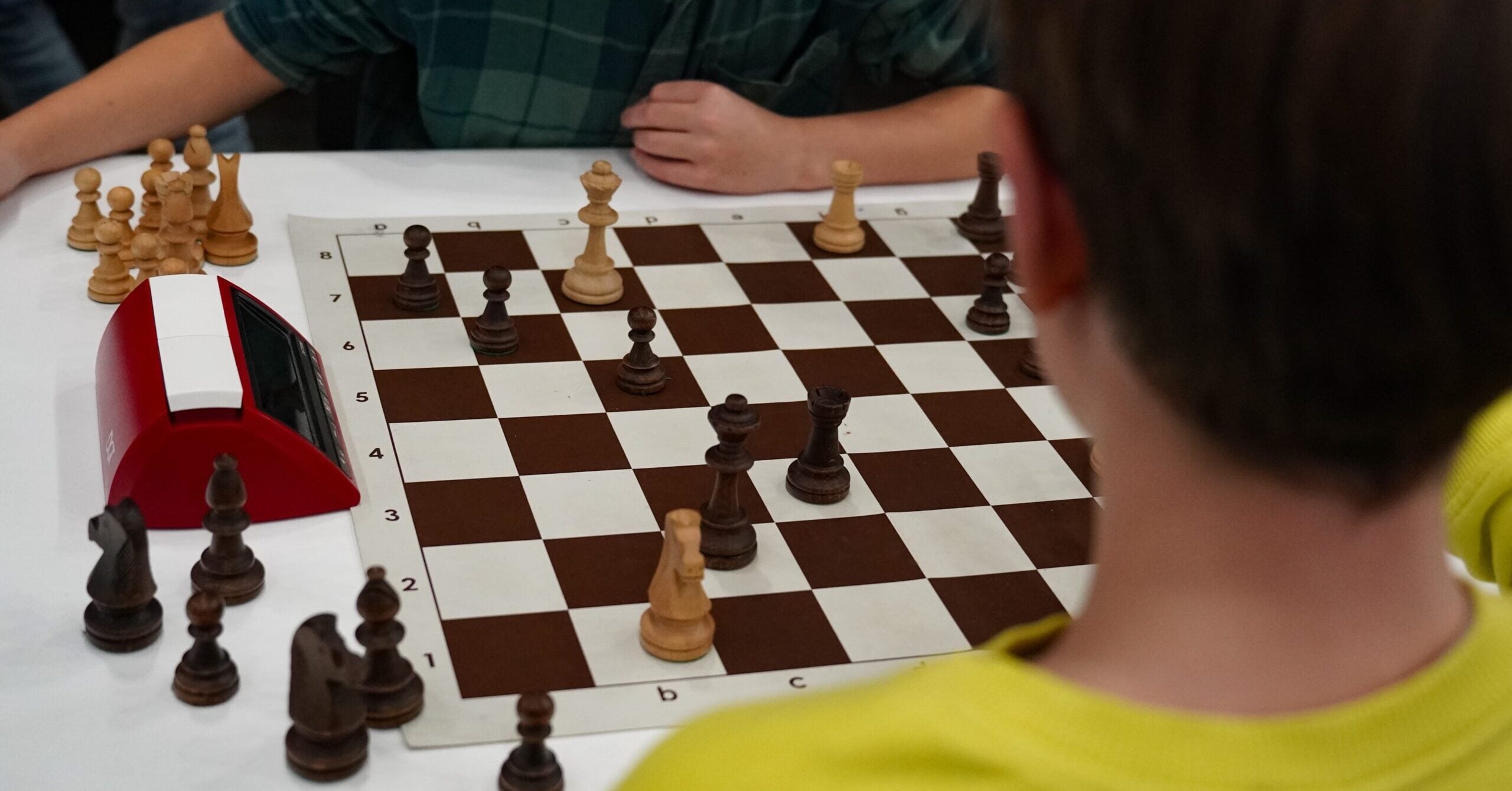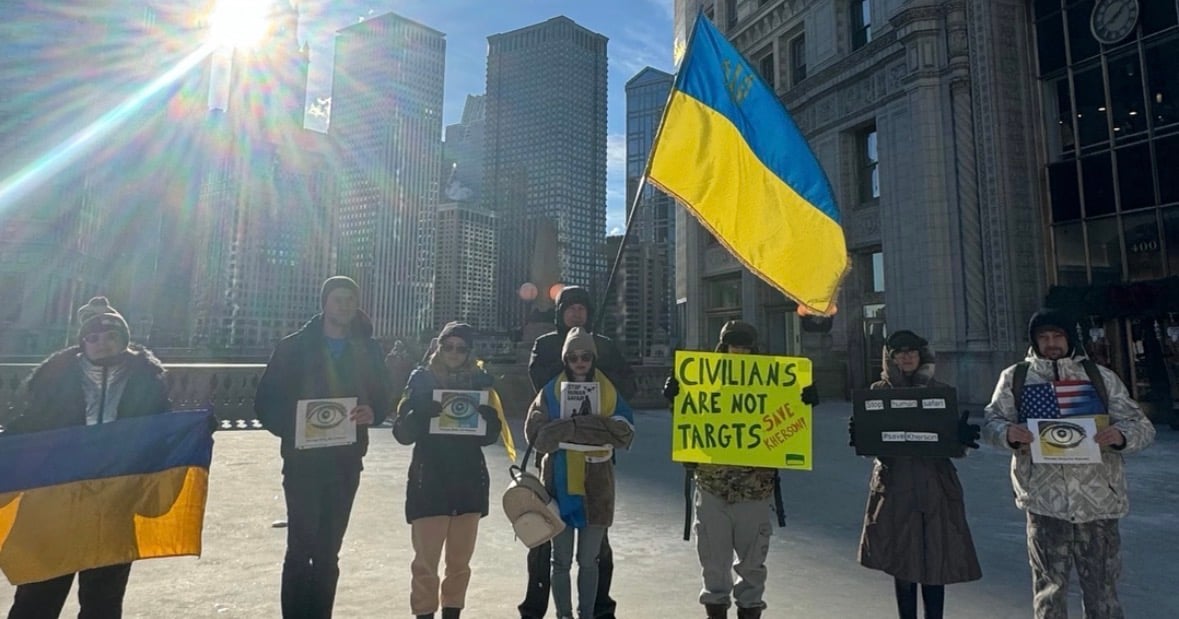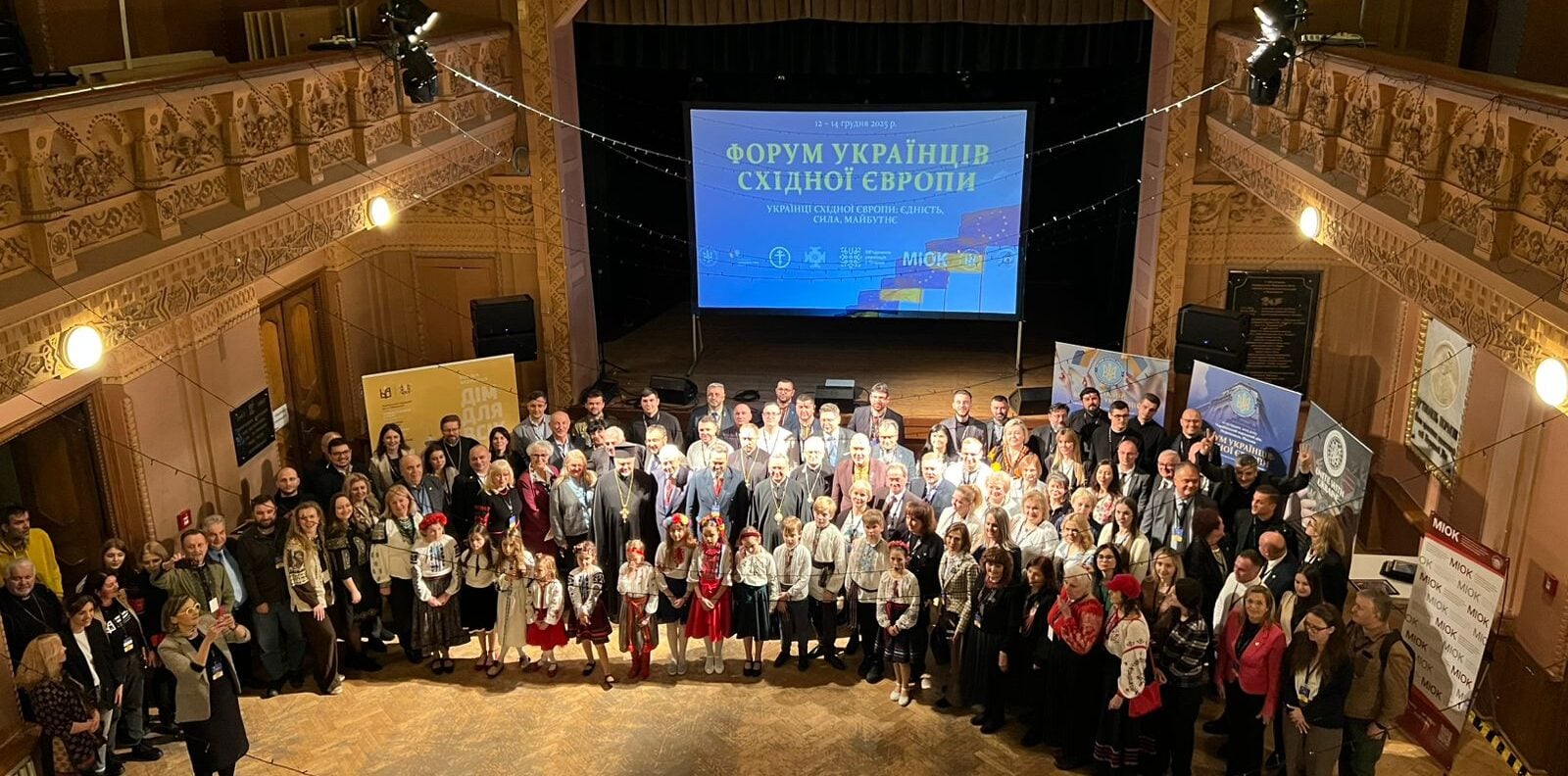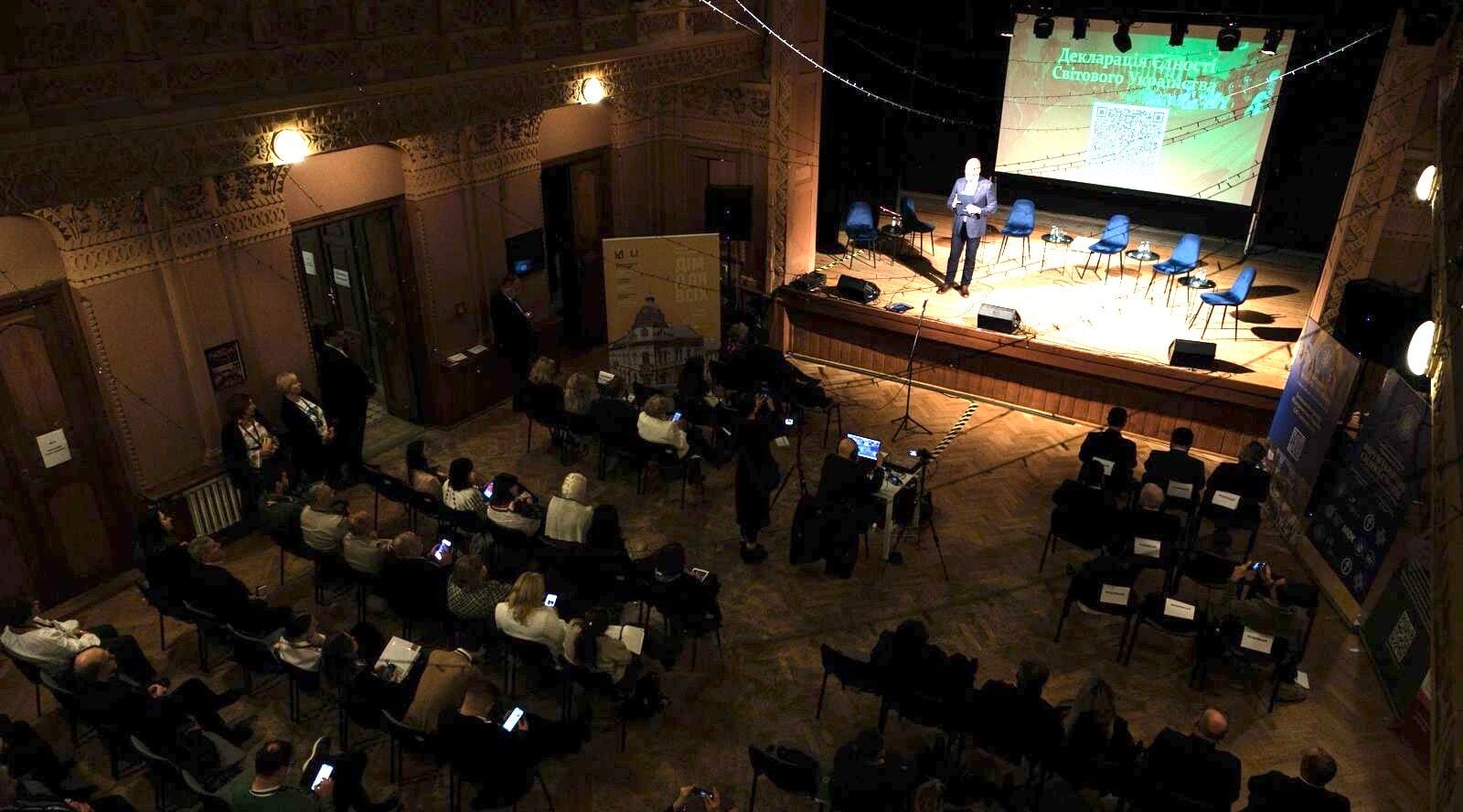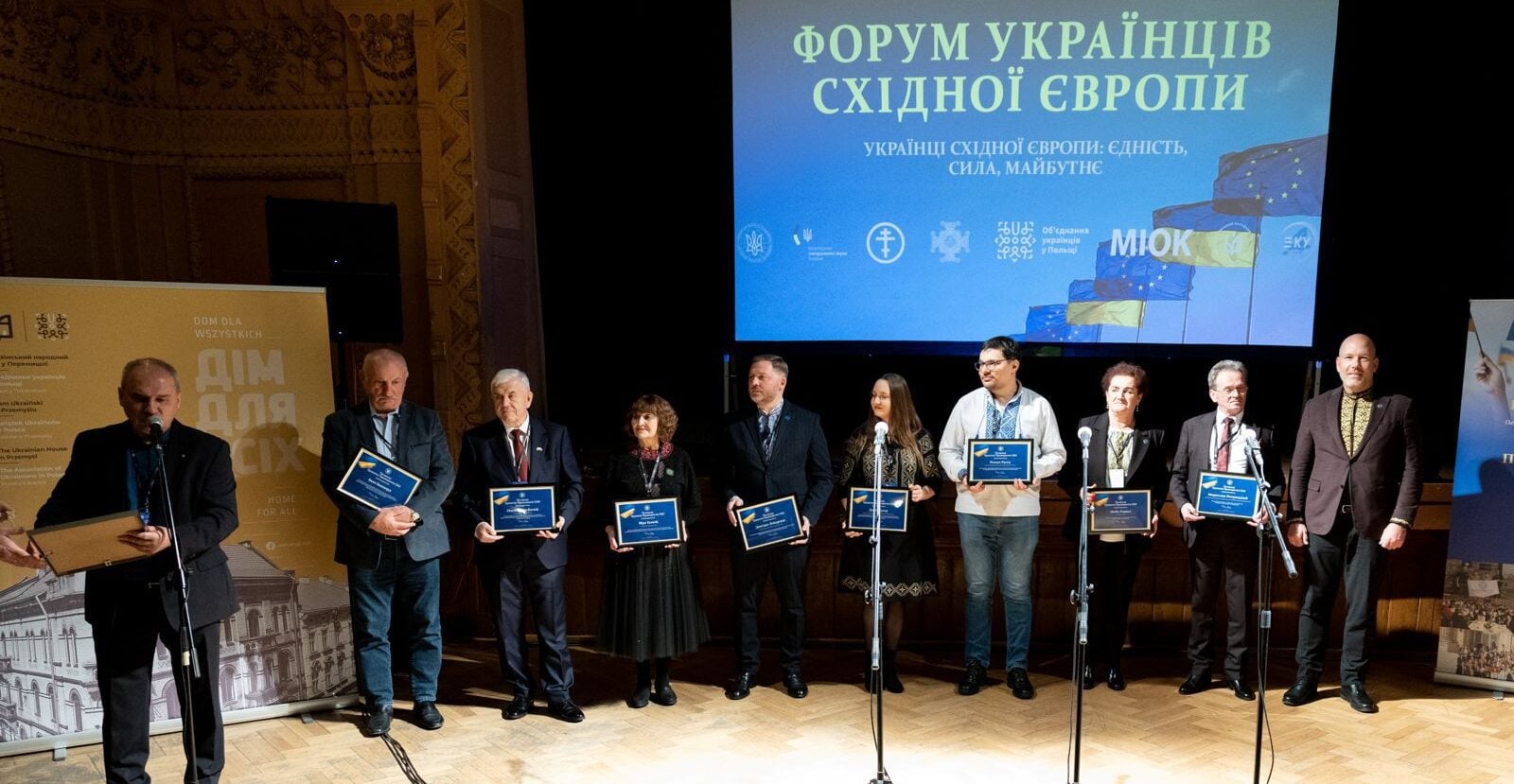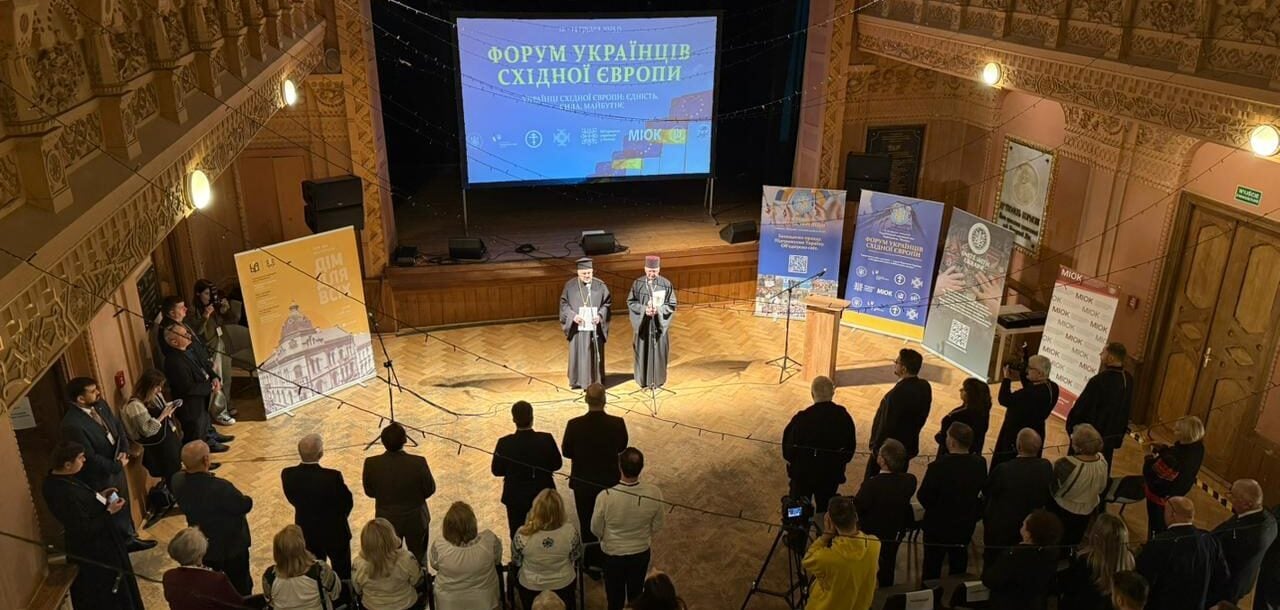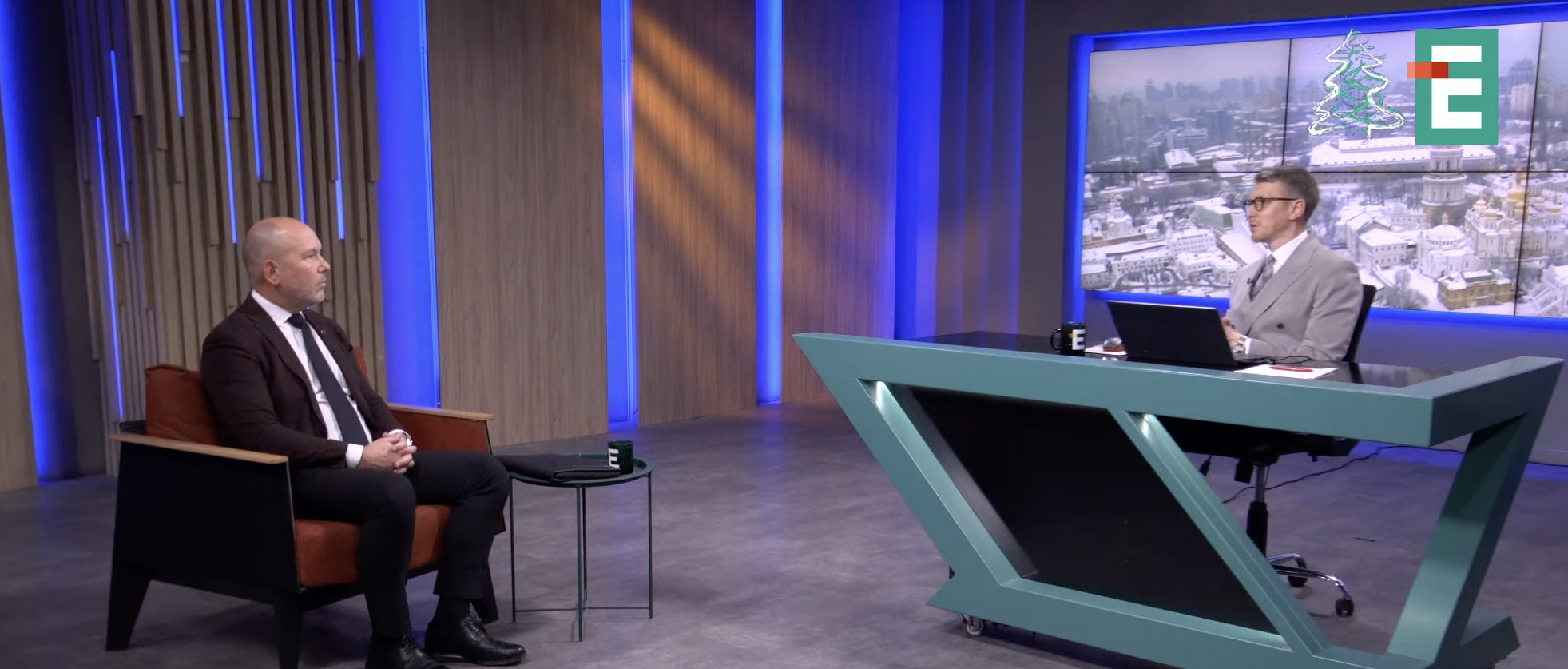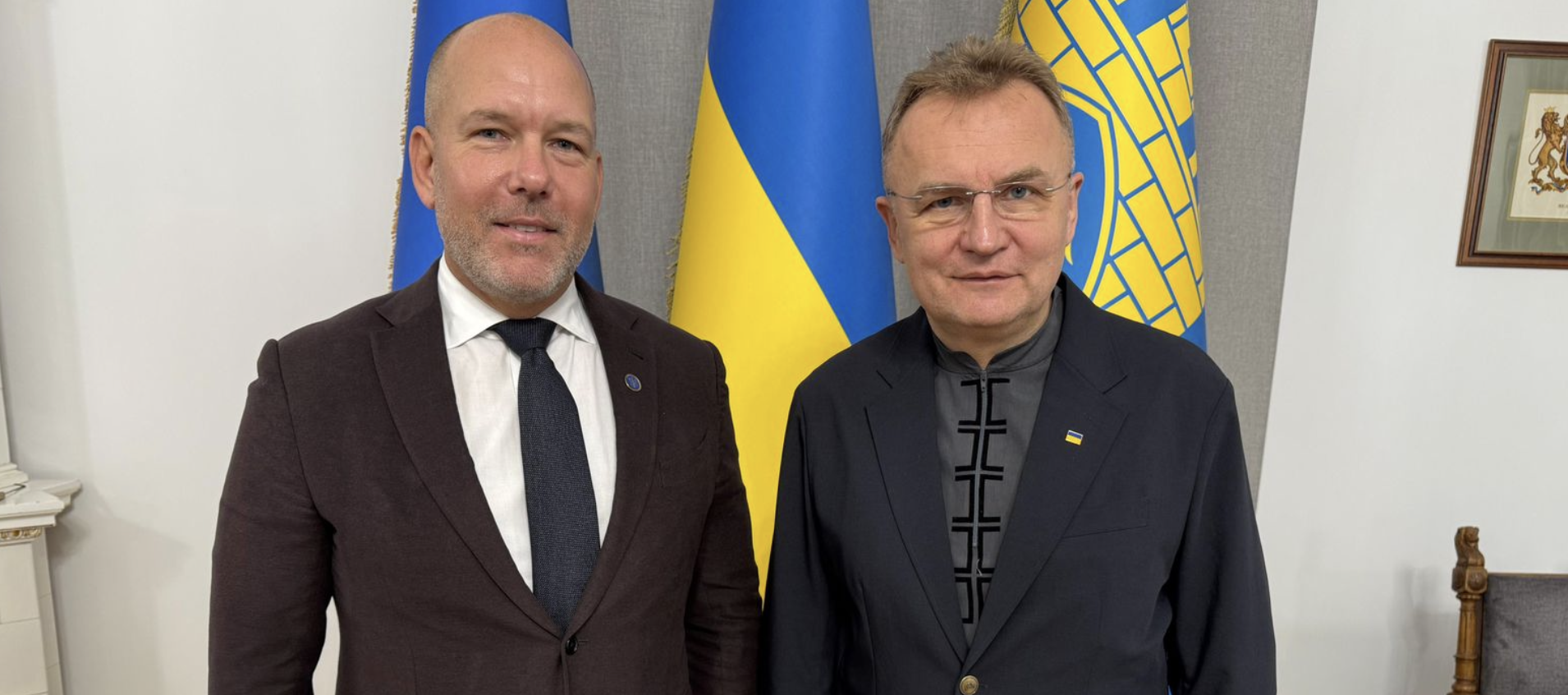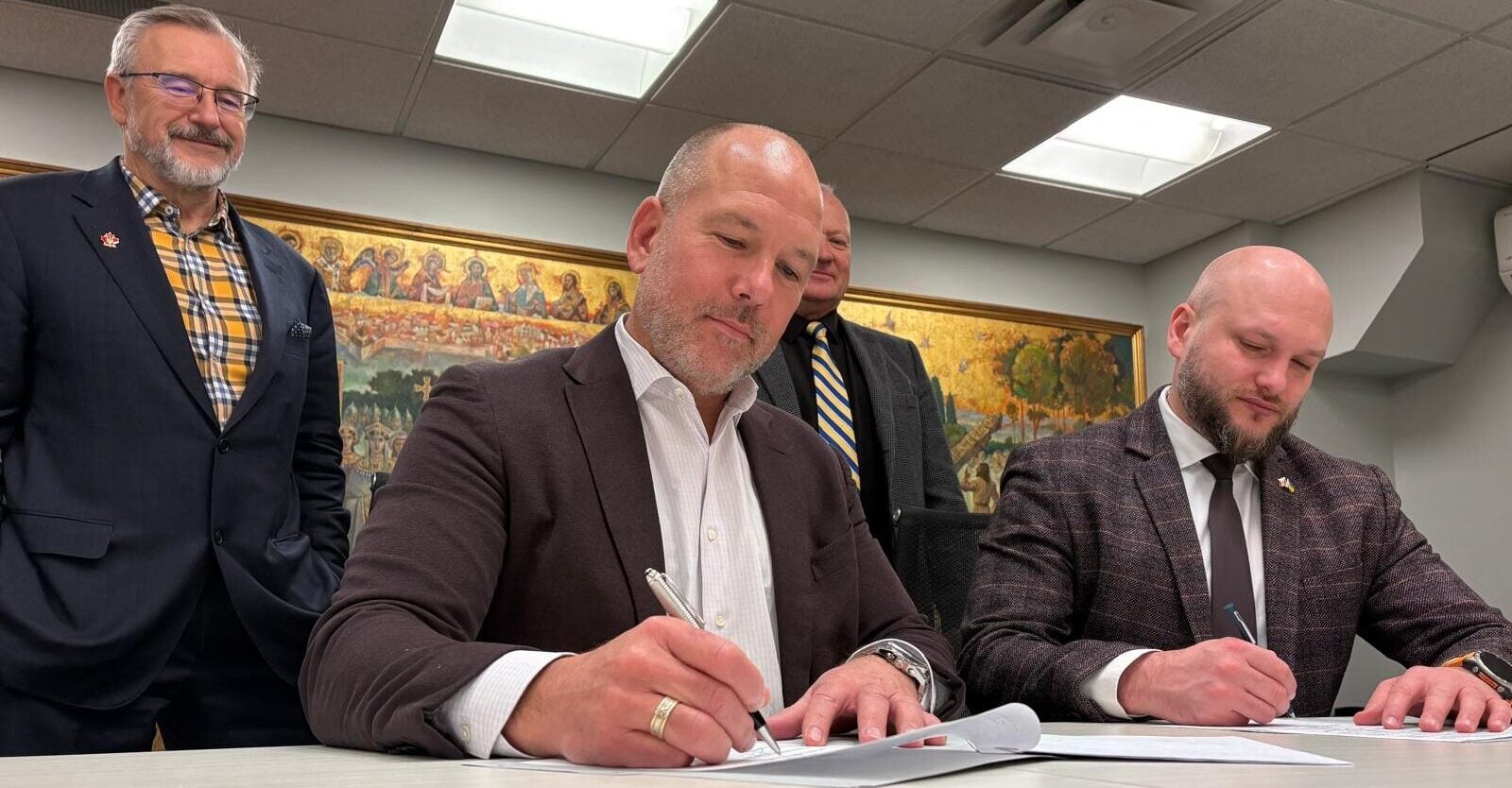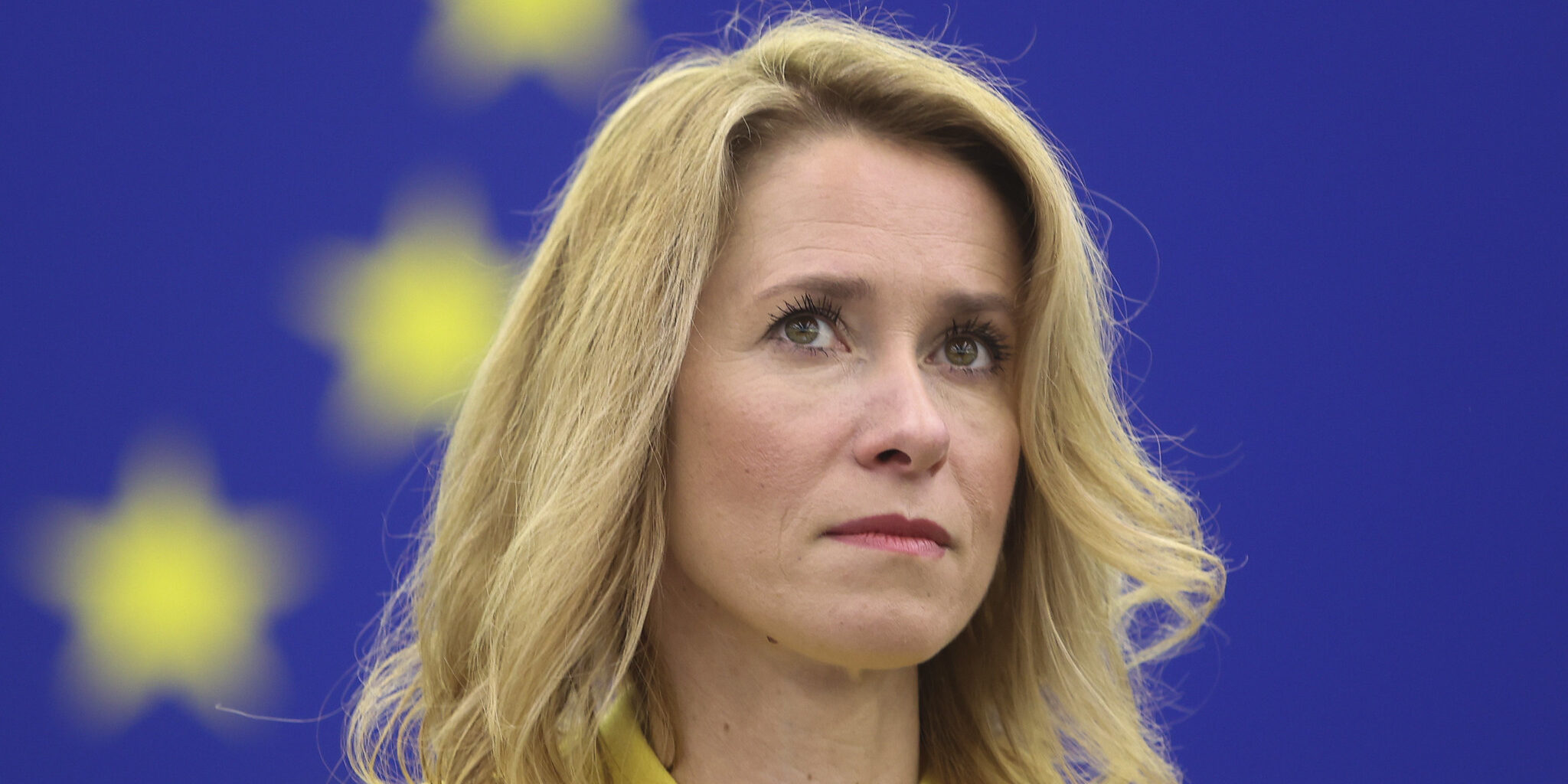
The resistance and resilience of Ukraine do not provoke Russia to continue the war. Instead, what provokes Russia is the weakness of the West in supporting Ukraine, stated the Prime Minister of Estonia, Kaja Kallas, in a column for the German media RND, as reported by Deutsche Welle.
Misguided hopes for a quick end to the war, fear of escalation from Russia, and Kremlin disinformation are traps for the West, says Kallas.
“Times of uncertainty conceal numerous traps,” writes Kallas. One of them is the mistaken hope for a swift conclusion to the war. “It is the hope that what we perceive as the annexation of another country’s territory in the 21st century will curb Russia’s appetites. Those who express a desire for negotiations are those who want to stabilize relations with Russia at any cost,” notes Kallas.
Fear of conflict escalation and “self-intimidation” are another trap for the West. “Guided by this fear, some argue that supporting Ukraine in its defense against aggression is escalation. To this, I respond that defense is not provocation. Resistance does not provoke Russia; weakness does,” says Kaya Kallas.
Disinformation in the media or the “Kremlin’s shadow war” is yet another danger. “The goal of Russia’s disinformation campaign is to restrain democratic societies and decision-makers from providing support to Ukraine, provoke internal political divisions, and influence democratic votes,” believes the Estonian Prime Minister.
Russia is preparing for a prolonged war against Ukraine, so the West needs a “long-term struggle plan,” concludes the politician.
Earlier, it was reported that military analyst Julian Röpcke of BILD, citing intelligence sources, reported that Russia does not plan any ceasefire with Ukraine and expects to continue the war until 2026, aiming to capture three more Ukrainian cities.
Cover: Frederic Marvaux/European Union 2022 / EP

